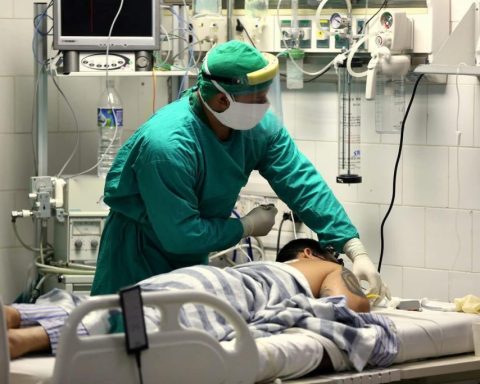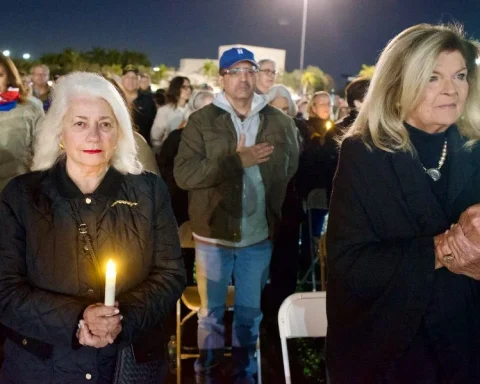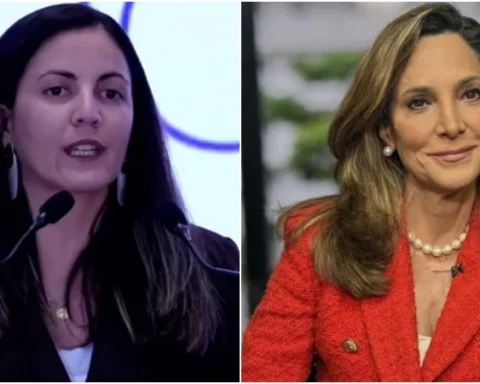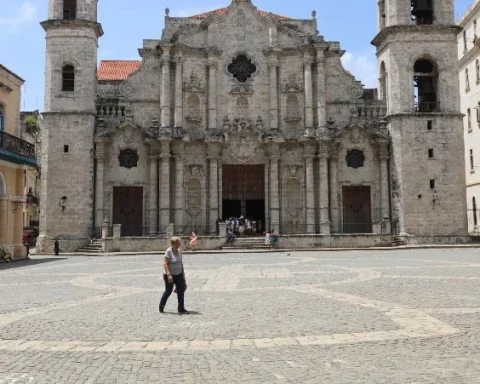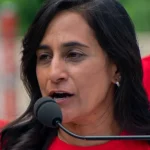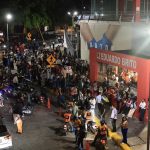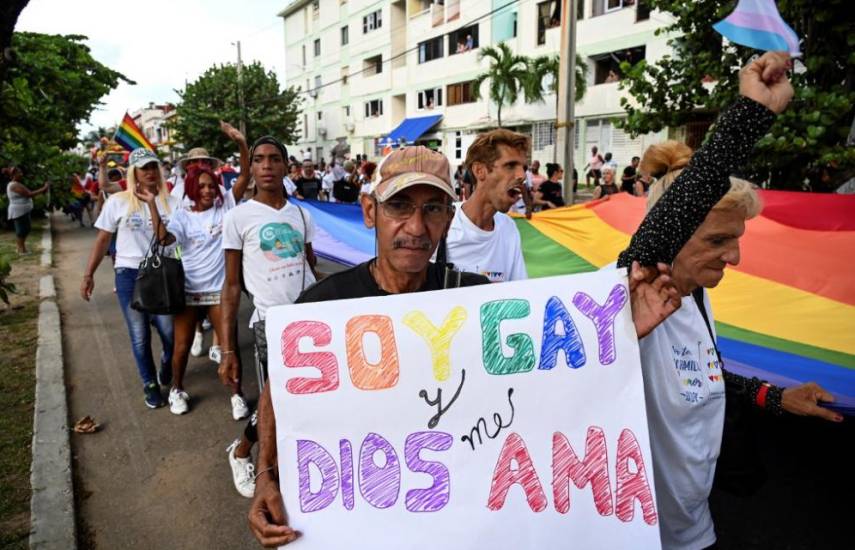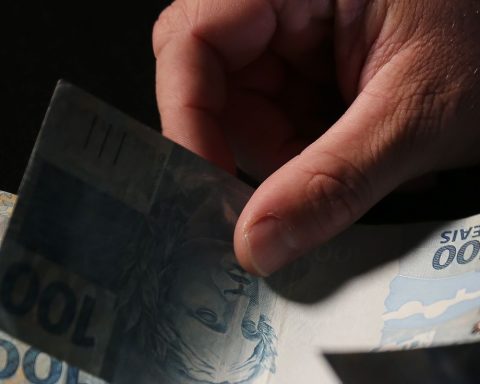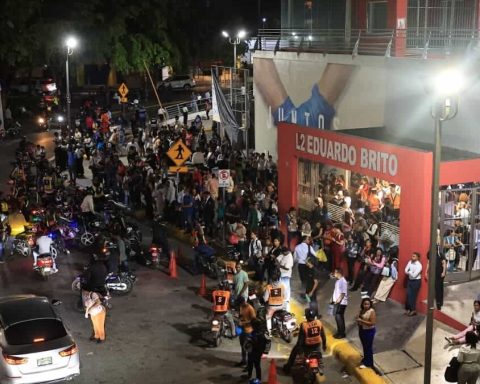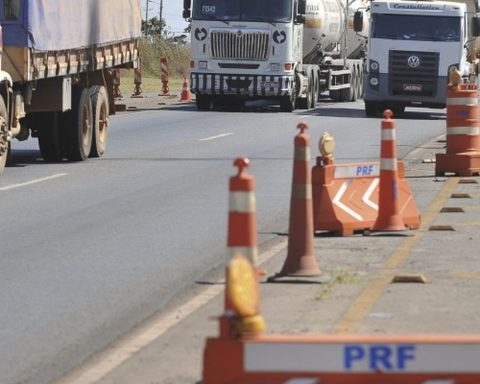MIAMI, United States. — On May 15, 1977, Orlando Zapata Tamayo, a political prisoner of the Castro regime, was born in Santiago de Cuba. He died after an 86-day hunger strike in protest against the appalling prison conditions.
A bricklayer and plumber by trade, Zapata Tamayo emigrated to Havana, like so many of his compatriots, in search of better job opportunities. There he got in touch with the dissidence and began political activism, joining the Republican Alternative Movement party.
His fight against the dictatorship led him to be arrested on several occasions. The first was in December 2002, when he was accused of contempt and imprisoned for more than three months. In March 2003, thirteen days after his release, he returned to prison after the crackdown known as the Black Spring, during which 75 dissidents, activists and independent journalists were imprisoned. At the time of his arrest, Orlando Zapata was participating in a hunger strike for the release of his imprisoned comrades.
For the alleged crimes of contempt, public disorder and civil disobedience, he was sentenced to 36 years in prison after various legal proceedings, and sent to the Kilo 8 prison in Camagüey.
In December 2009 Orlando Zapata, declared a “prisoner of conscience” by Amnesty International, began the hunger strike that would end his life and would make him the second political dissident since Pedro Luis Boitel, in 1972, who died in such conditions. He stood up to denounce the precarious conditions in which the prisoners lived, and he persevered in his purpose to the point that the henchmen, seeing that they could not break him and fearing a political scandal, admitted him to the Camagüey Hospital, where they administered fluids to him. intravenous against their will.
In February 2010 his condition had deteriorated so much that he had to be transferred to Havana. He was treated at the Hermanos Ameijeiras hospital, where he died on the 23rd. Orlando Zapata’s strike had been covered by the foreign press, so his death immediately generated strong rejection.
The regime resorted to defamation to try to lessen the impact of the brutal event. As he has done with the prisoners after the demonstrations of July 11, 2021, he accused Orlando Zapata of being a criminal, alleging that he had been arrested several times for common crimes, information that only came to light after the death of the activist, and that it was denied by the opposition member Martha Beatriz Roque Cabello.
The international community harshly criticized the Cuban regime for the cruel death of the activist, and demanded the immediate release of the two hundred political prisoners existing at that time. Orlando Zapata Tamayo was included in the list of martyrs of the Cuban dissidence.

